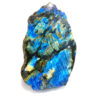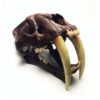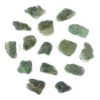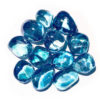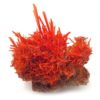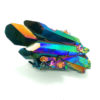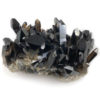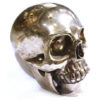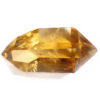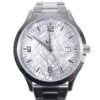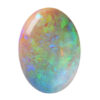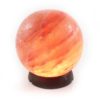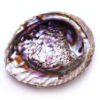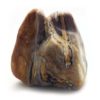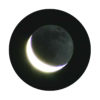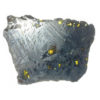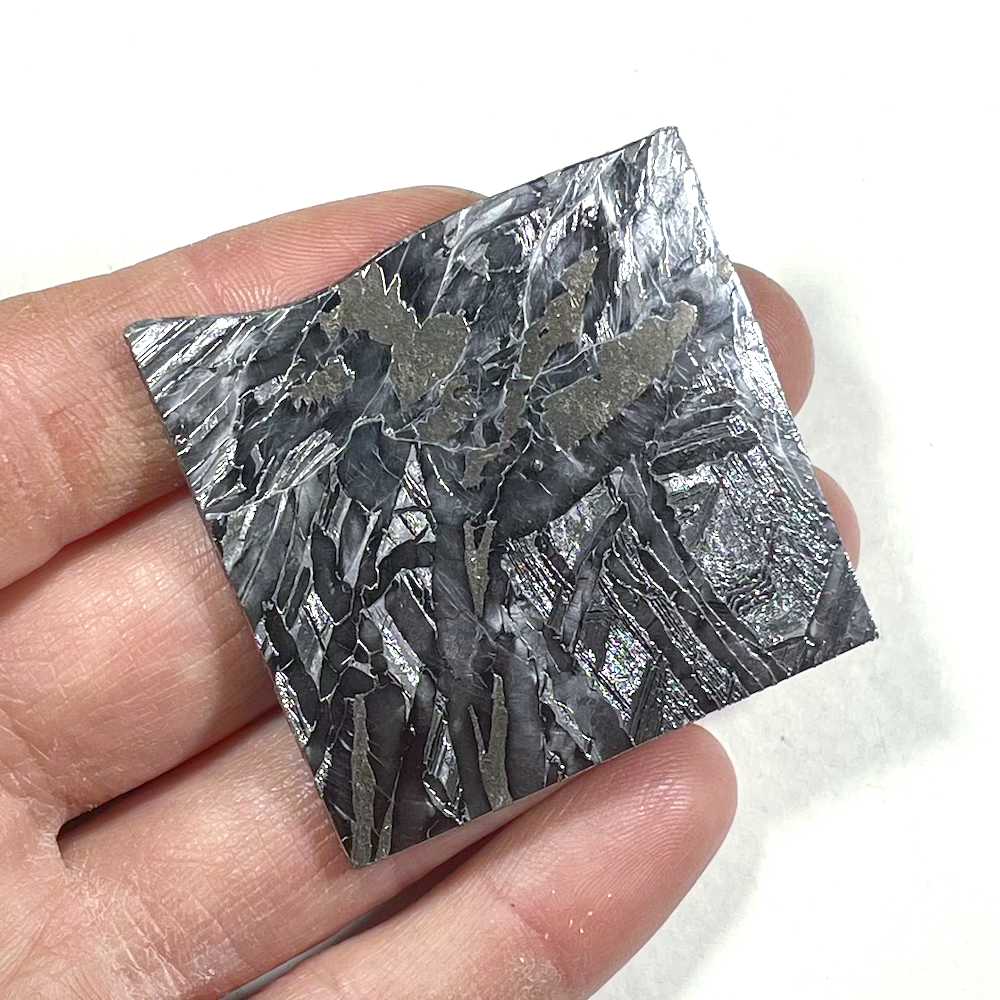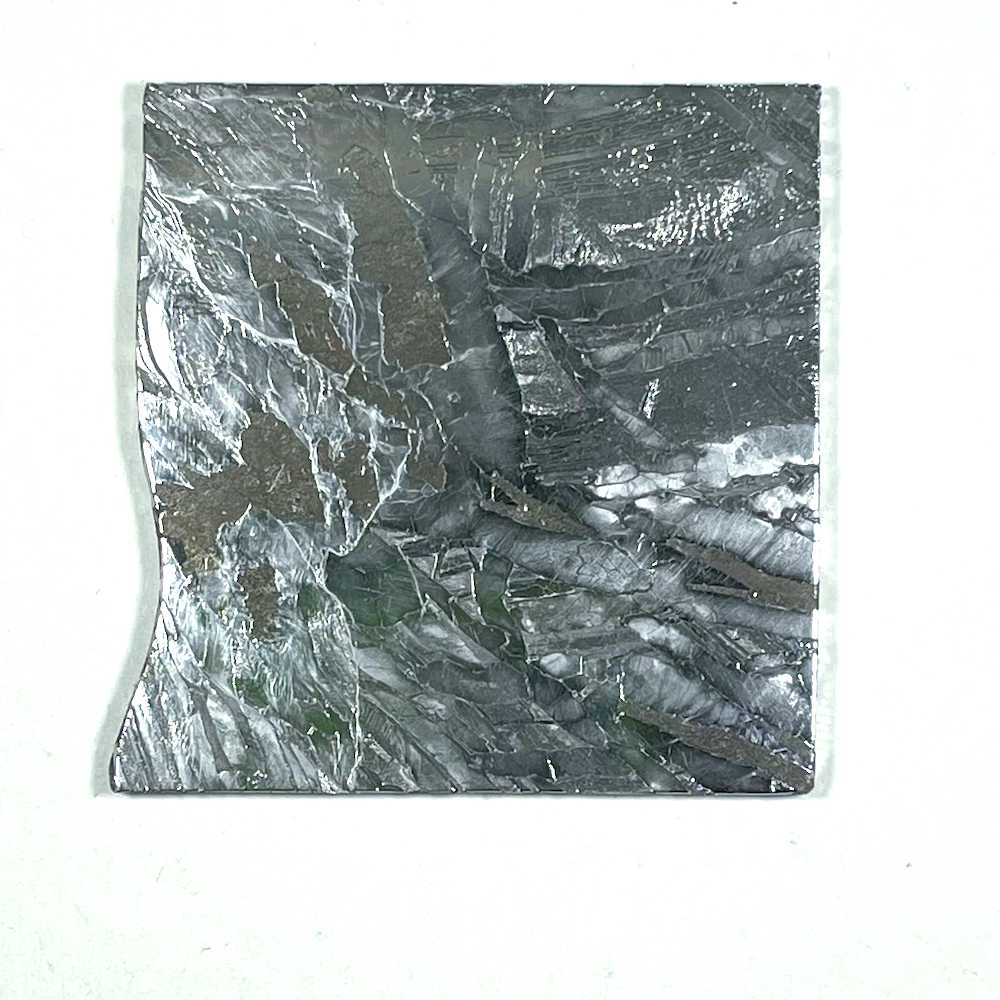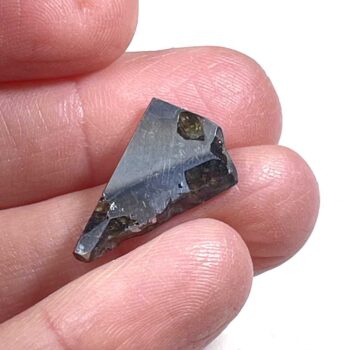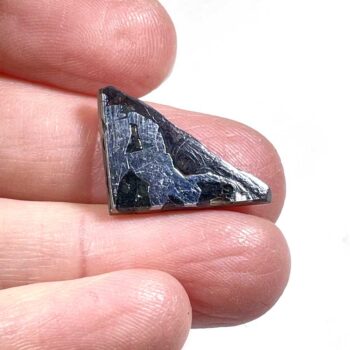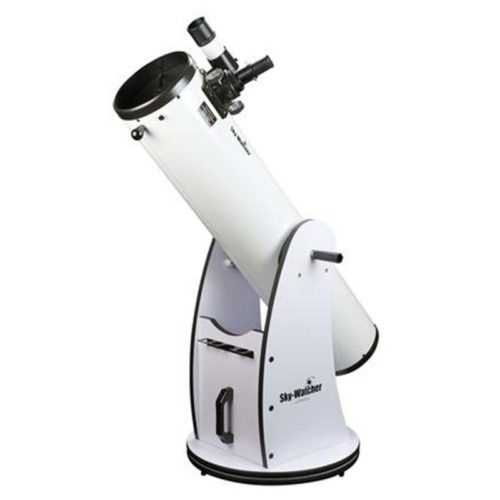Description
The Seymchan meteorite is a rare, stony-iron meteorite that was discovered in 1967 in the Magadan district of Russia
Discovery
The meteorite was found in the dry bed of the Hekandue River, a tributary of the Yasachnaya River, near the town of Seymchan. The first specimens were found by geologist F. A. Mednikov and I. H. Markov.
Classification
The meteorite was initially classified as an iron meteorite, but was later reclassified as a pallasite after more specimens were found. Pallasites are a rare type of meteorite that contain both metal and silicate minerals, and are thought to come from the boundary between the core and mantle of asteroids.
Characteristics
Seymchan meteorites are known for their Widmanstätten pattern, a crystalline pattern formed by the intergrowth of kamacite and taenite, two iron-nickel minerals. They are also rust-resistant due to their high iridium content.
Uniqueness
Seymchan meteorites are unique among pallasites because of their heterogeneous dispersion of olivine crystals. Some specimens are rich in olivine, while others have no olivine at all.
Size
The total weight of the two main specimens found was about 351 kg.

